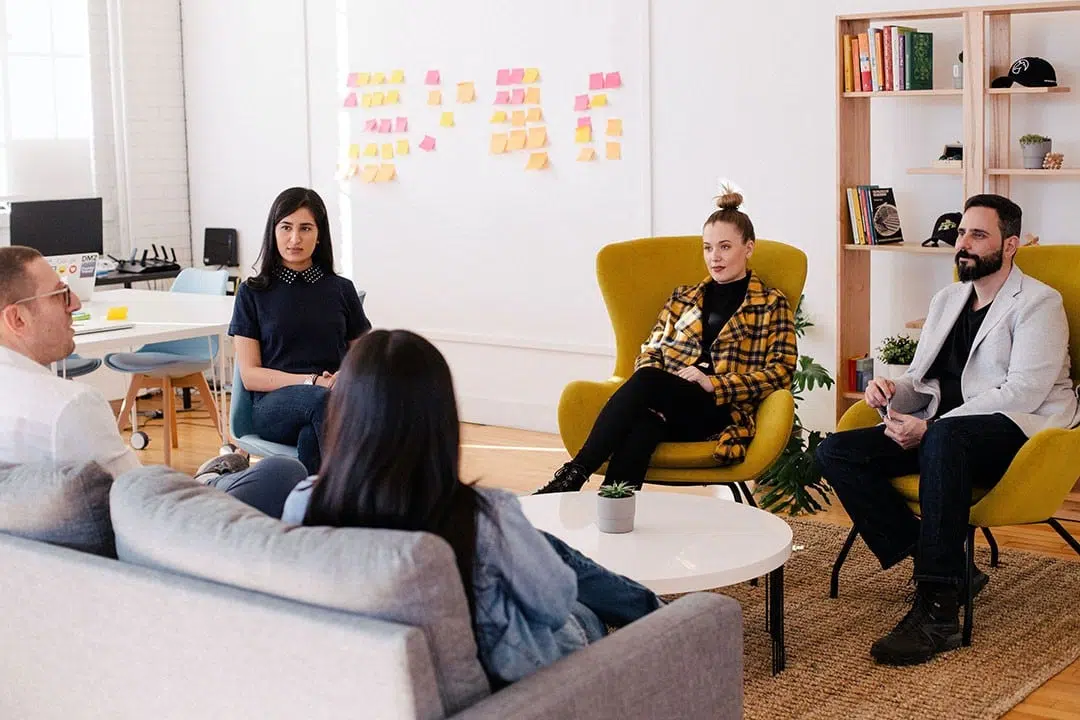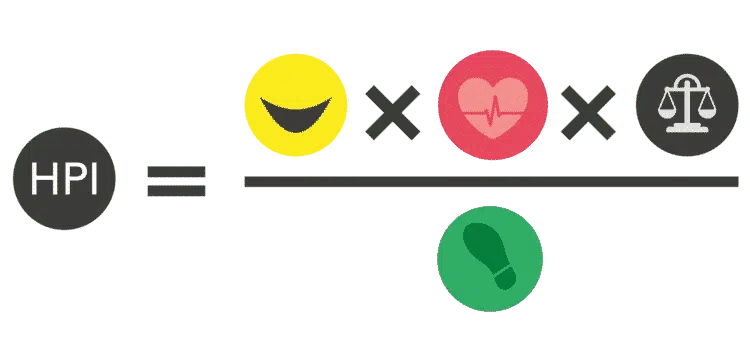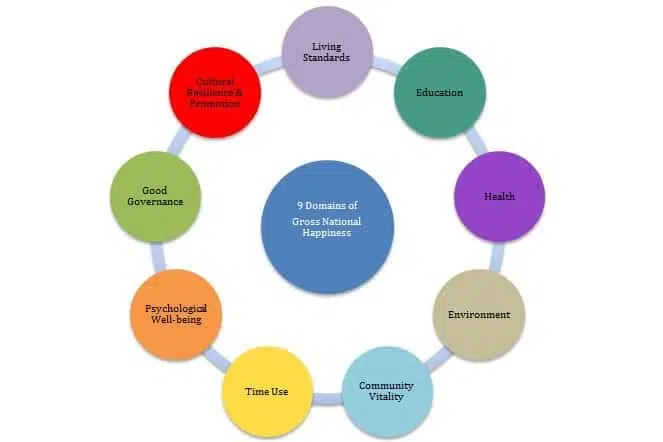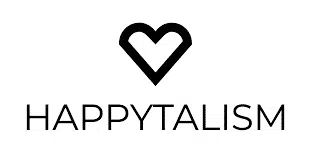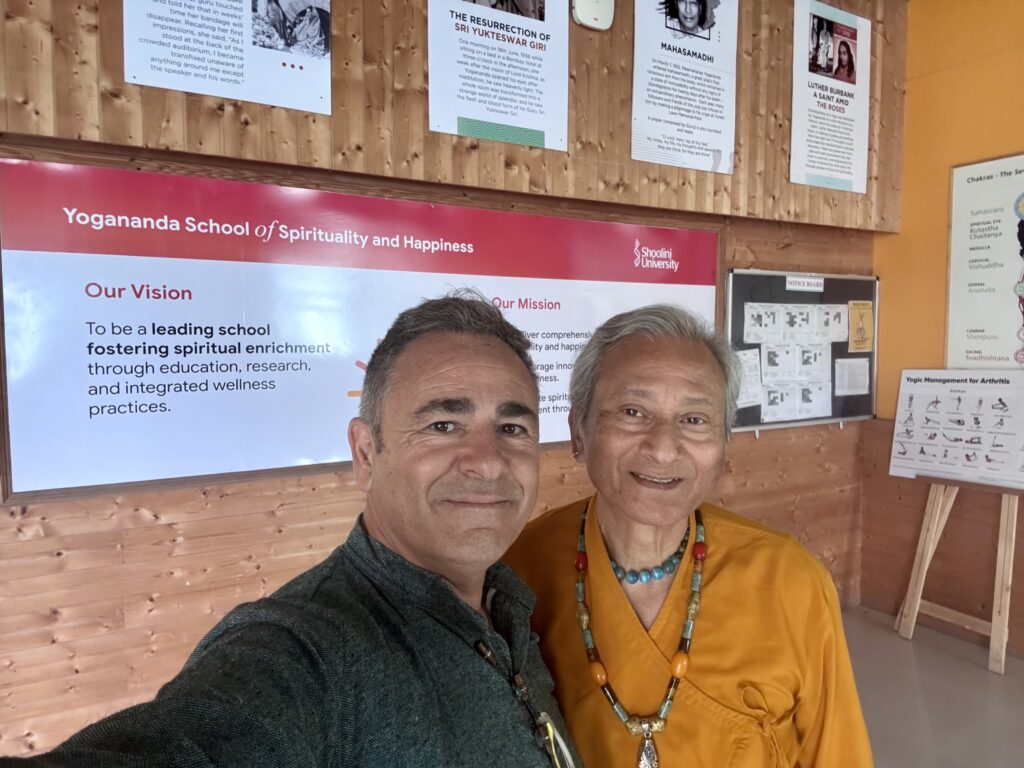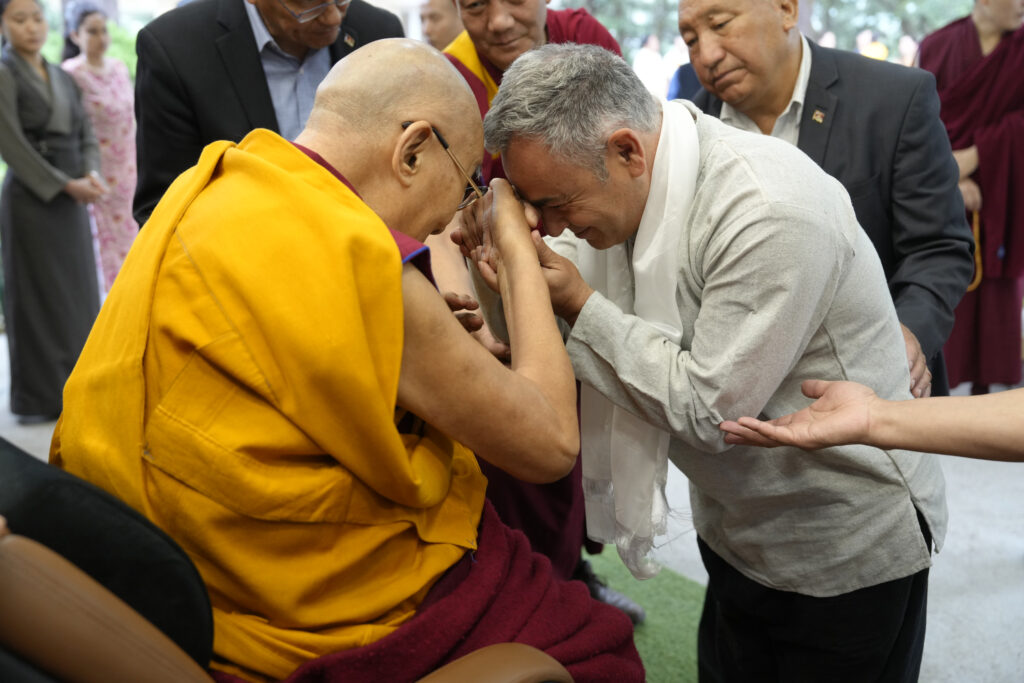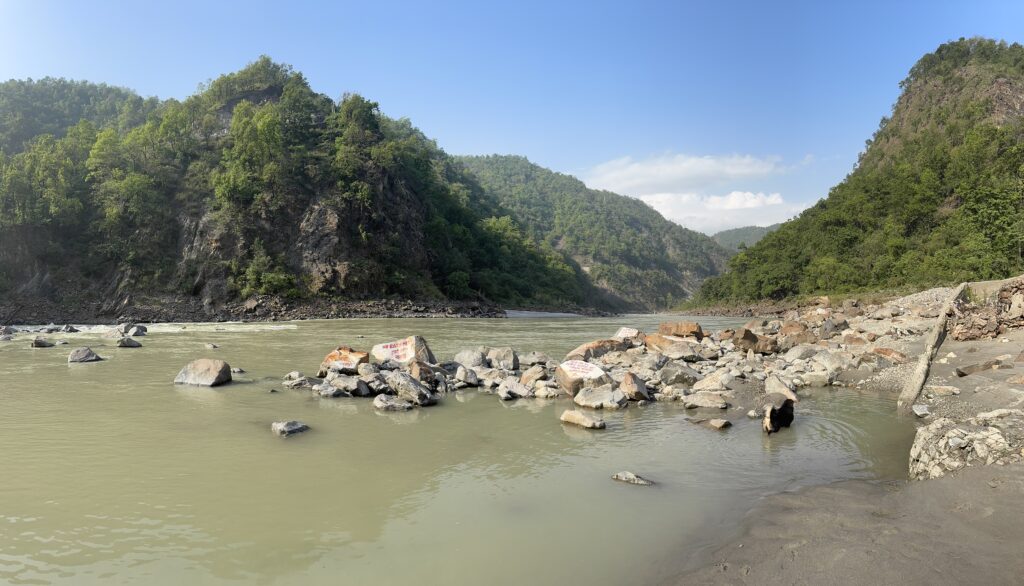
Flowing with the Ganga: Sacred Waters, Inner Yoga, and the River of Transformation
As I sit on the banks of the Ganga in Rishikesh—this ancient city where sages have meditated for millennia—I feel the current of something much deeper than water. The Ganga is not merely a river. She is a living, sacred presence. A mother. A mirror. A reminder of impermanence and possibility. And for me, she has become a guide in this very personal and professional moment of integration. I am here in Rishikesh immersing myself in yogic practice—not just asana or breathwork, but in the fullest sense of Yoga as union. Union of body and spirit, mind and heart, self and cosmos. This union is also the essence of my work as a researcher and professor at Shoolini University, where I explore the deep intersections between ego deconstruction, non-duality, and transformational methods like hypnotherapy and the Meta Pets system. Sitting by the Ganga, I see this work reflected in the river’s eternal message: Let go, flow, renew. The Sacred Ganga: More Than a River In Hindu cosmology, the Ganga descends from the heavens to purify the earth. Flowing

